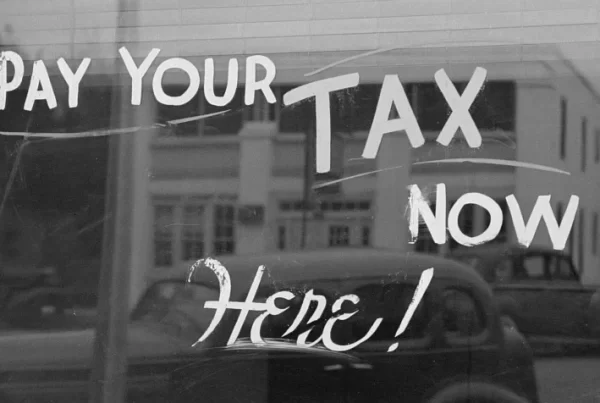Ad valorem tax, also called property tax, is a type of a tax assessed on the value of real estate. The tax applies to homes, land, commercial properties, and other types of real estate.
The term ad valorem means “according to value” in Latin.
Ad valorem taxes in Texas are a crucial source of funding for local government services, such as schools, roads, community colleges, and public safety.
More often than not, politicians and the news media will talk about “property tax,” rather than use the more formal legal name, “ad valorem tax.” The two are synonyms. They are the same.
Property Appraisals
The market value of a property in Texas can change over time due to factors like renovations, wear and tear, or changes in the local market. To ensure tax fairness, properties are appraised regularly by county appraisal districts to determine their current value for tax purposes.
However, appraisal districts do not set the tax rates of local governments. Those rates are set by the governing bodies of the various taxing entities themselves, within legal limits.
If you believe your property has been overvalued, you can appeal your property tax assessment in Texas by filing a protest with the Appraisal Review Board (ARB) in your county.
Local Property Tax Rates
Local property tax rates can vary across different areas of Texass, as each local government sets its own tax rate within legal limits.
A list of all ad valorem rates in Texas is available here, though the overlapping nature of tax jurisdictions means that a taxpayer’s total rate will depend on the location of their home. Contact your local county tax assessor-collector for information specific to your area.
Texas has no state-level property tax. Only local governments collect property taxes. However, the state does redistribute some local tax dollars from property-rich districts to less wealthy districts to provide more equitable public school financing across the state.
Property Tax Exemptions
Property owners in Texas may be eligible for various property tax exemptions, which can reduce the taxable value of their property or eliminate tax liability altogether. Below are some of the most common exemptions:
- Residence Homestead Exemption: School districts must offer a $100,000 exemption on residence homesteads.1 Additionally, any taxing unit, including a city, county, school district, has the option of deciding locally to offer a separate homestead exemption of up to 20% of a property’s appraised value, but not less than $5,000.
- Senior or Disabled Exemption: School districts must offer a minimum $10,000 residence homestead exemption to persons age 65 or older or disabled.2 Additionally, any taxing unit has the option to offer a separate residence homestead exemption for persons age 65 or older or disabled in an amount not less than $3,000. To qualify for these senior exemptions, the owner must be age 65 or older and live in the house, or be the surviving spouse of someone 65 or older, if the survivor was 55 or older at the time of the spouse’s death.
- Disabled Veterans and Surviving Spouses and Children: Disabled veterans and surviving spouses and children of deceased disabled veterans are entitled to partial property tax exemptions. If the veteran receives 100% disability compensation from the U.S. Department of Veterans Affairs, then the veteran is entitled to a total property tax exemption.3
- Armed Services Members and First Responders KIA: A surviving spouse of a member of the U.S. armed services killed in action is allowed a total property tax exemption on his or her residence homestead, provided they have not remarried.4 The same is true for the spouse of a first responder killed or fatally injured in the line of duty.
- Church Property: Houses of worship and clergy residences owned by religious groups are exempt from property tax.5
To benefit from these exemptions, property owners must apply through their local county appraisal district. It’s essential to check with your local tax authority for specific details and to ensure all eligibility criteria are met.
Deadlines and Penalties
In Texas, property taxes are due annually on January 31st. If you do not pay your tax bill by this date, penalties and interest will start to accumulate.
Key Deadlines:
- Tax Bills Sent: Property tax bills are typically mailed by October 1st each year.
- Payment Deadline: Taxes must be paid by January 31st to avoid penalties and interest.
Penalties and Interest:
Failure to pay property taxes by the due date could incur:
- A 6% penalty if taxes are not paid by February 1st.
- An additional 1% penalty each month after February, up to a maximum of 12% by July.
- Interest is charged along with the penalties, depending on the duration of the delay.



